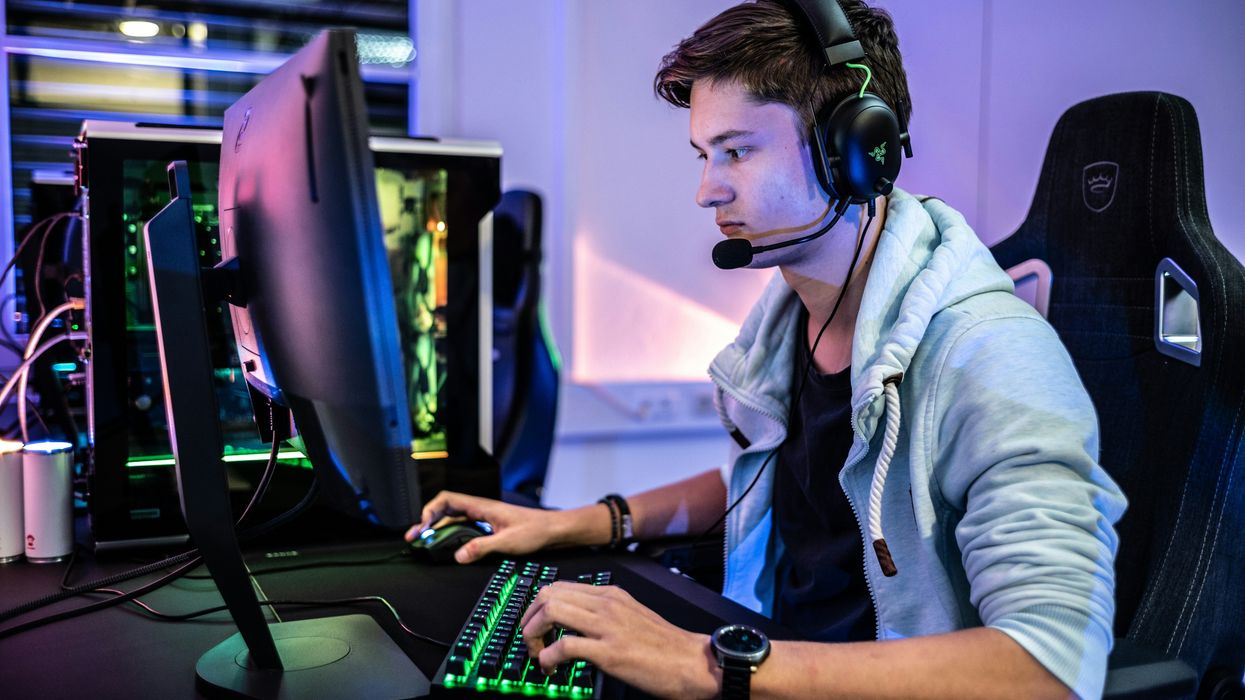Esports as a profession may sound like a neon-soaked dream, but for today’s average gamer, it’s a winding journey that starts far from international arenas. From the first keystrokes in a crowded school computer lab to the roar of thousands at a world championship, this path demands equal parts passion and persistence. It isn’t a fairy tale spun in code — behind every victory screen is a story of late nights, hard lessons, and the refusal to quit.
In the beginning, the aspiring competitor often treats gaming as casual fun. They might toss a few credits into online slots between rounds of their favorite shooter, just to unwind. Yet those same hands that click for leisure soon learn precision and reaction time. This duality — play and practice — lays the groundwork for something greater. As they navigate both chance and strategy, the casual hobby morphs into a calling that refuses to be ignored.
Grassroots tournaments: The first steps
Early exposure usually comes through small-scale events: the corner store’s weekend LAN party or the after‑school club’s modest tournament. Here, the gamer encounters three critical elements:
●Community and camaraderie, as friendships are forged over shared tactics and inside jokes
●Competition and feedback, where wins taste sweet but losses sting — and teach
●Technical fundamentals, from optimizing ping to setting up the perfect keybinds
These grassroots gatherings may lack flashy stages, but they nurture the drive that fuels professional aspirations. It’s traditional, almost nostalgic: kids huddled over CRT monitors, shouting encouragement and jeers in equal measure. Yet that old‑school energy remains the bedrock of modern success.
Developing professional skills
As the stakes rise, so do the challenges. Progressing beyond local events often involves online qualifiers and regional contests. The gamer learns that raw talent won’t cut it alone. They must build a personal brand, network with sponsors, and navigate contracts — tasks that feel more corporate boardroom than pixel battlefield. At this stage, they cultivate these five essential skills:
- Strategic adaptability: adjusting tactics mid‑game in response to opponents’ moves
- Consistent practice routines: dedicating hours daily to refine mechanics and teamwork
- Mental resilience: bouncing back from setbacks without losing focus
- Public relations savvy: engaging fans on social media and representing sponsors with grace
- Time management: balancing streaming schedules, practice, and personal well‑being
With each new skill mastered, the gamer inches closer to professional status. A breakthrough might come when a regional team recruiter notices consistent top finishes. Suddenly, dreams materialize into signed contracts, brand deals, and the first taste of a stipend.
The road to professional status
Reaching an international championship requires more than individual prowess; it demands a cohesive team effort. Months of bootcamps in rented houses replace solitary late‑night sessions. Analysts pour over gameplay data, comparing heatmaps and kill‑death ratios to identify weaknesses. Coaches treat tactics discussions with the same seriousness as generals plotting battle strategies. This final push tests every lesson learned:
●Discipline developed since that first school LAN
●Adaptation honed through countless online qualifiers
●Tradition inherited from the pioneers of early esports
Standing on stage under blinding lights, the professional gamer carries more than personal ambition — they embody the hopes of teammates, sponsors, and fans worldwide. Every cheer echoes the countless hours behind a screen, each break to play a new beta, and every spin on those leisure online slots that once felt like a simple pastime.
Tradition, skepticism and innovation
Yet, even at the pinnacle, skepticism remains a healthy companion. True professionals question every strategy, refusing to settle for complacency. They draw inspiration from the past — remembering how modest LANs laid the foundation for multi‑million‑dollar tournaments — and push forward with a lyrical intensity that keeps the scene vibrant.
Conclusion: A poetic marathon
In the end, esports as a career is not a shortcut to fame. It’s a marathon of pixelated hurdles, a poetic blend of tradition and innovation. From school hallways humming with shared enthusiasm to stadiums vibrating with electric cheers, the road for an ordinary gamer is anything but ordinary. It’s a testament to grit, community, and the forever‑evolving dance between chance and choice in the world of competitive gaming.




